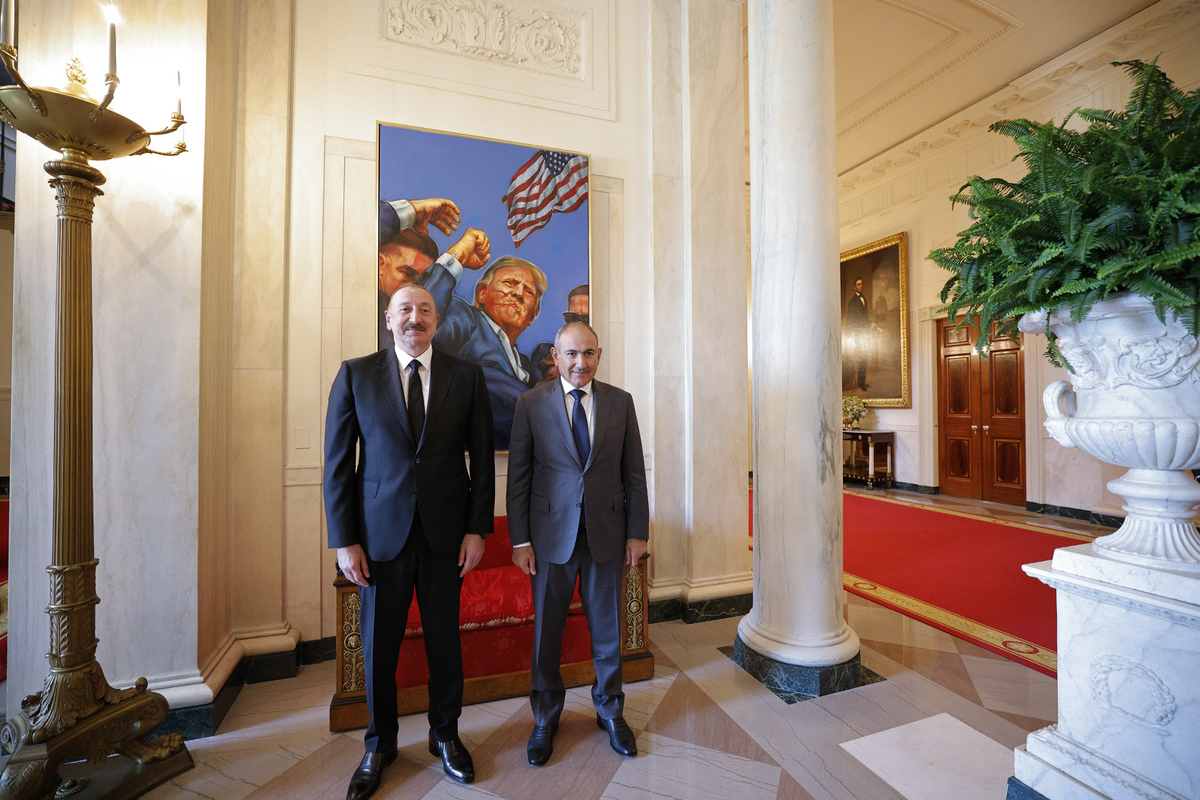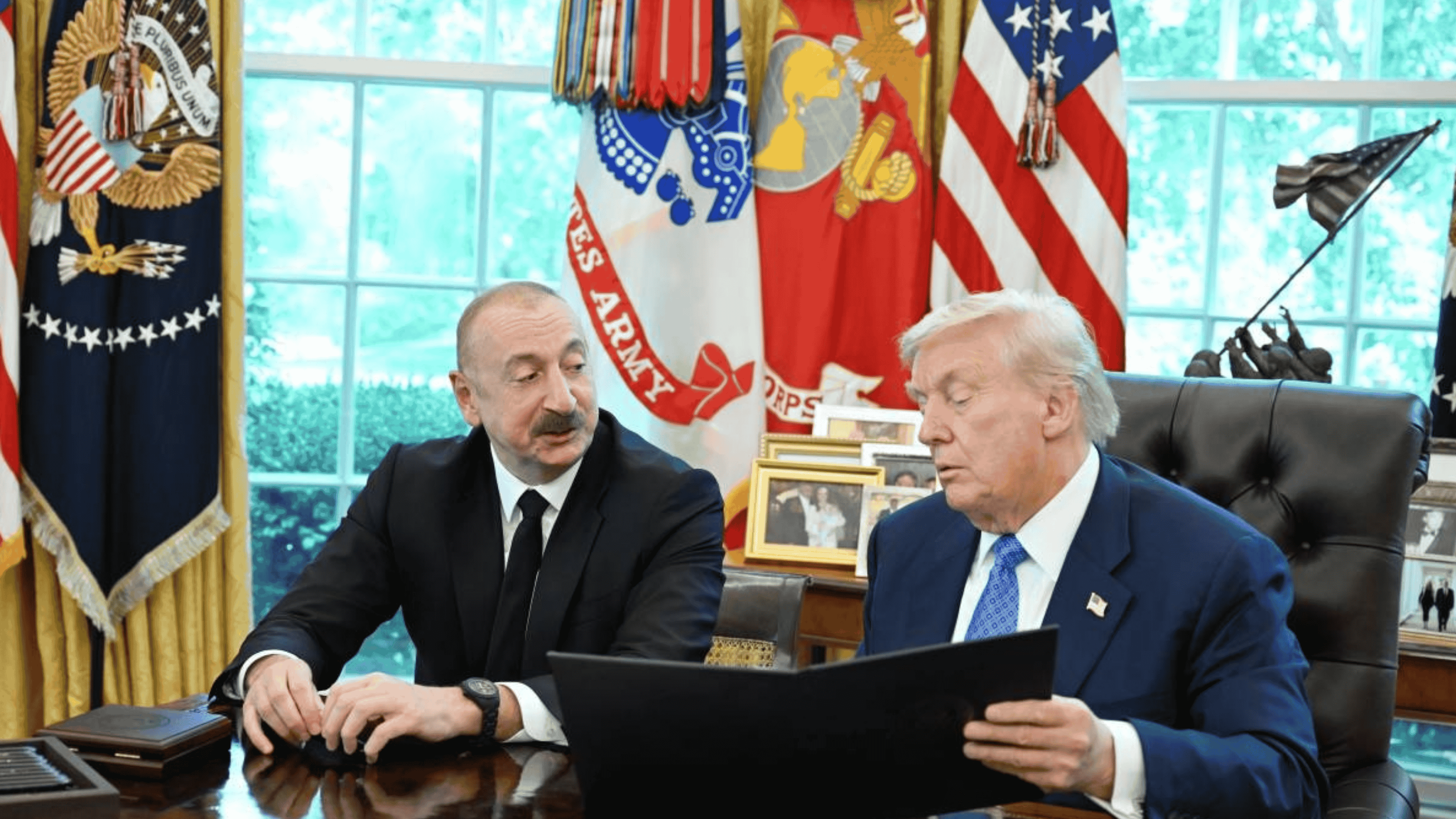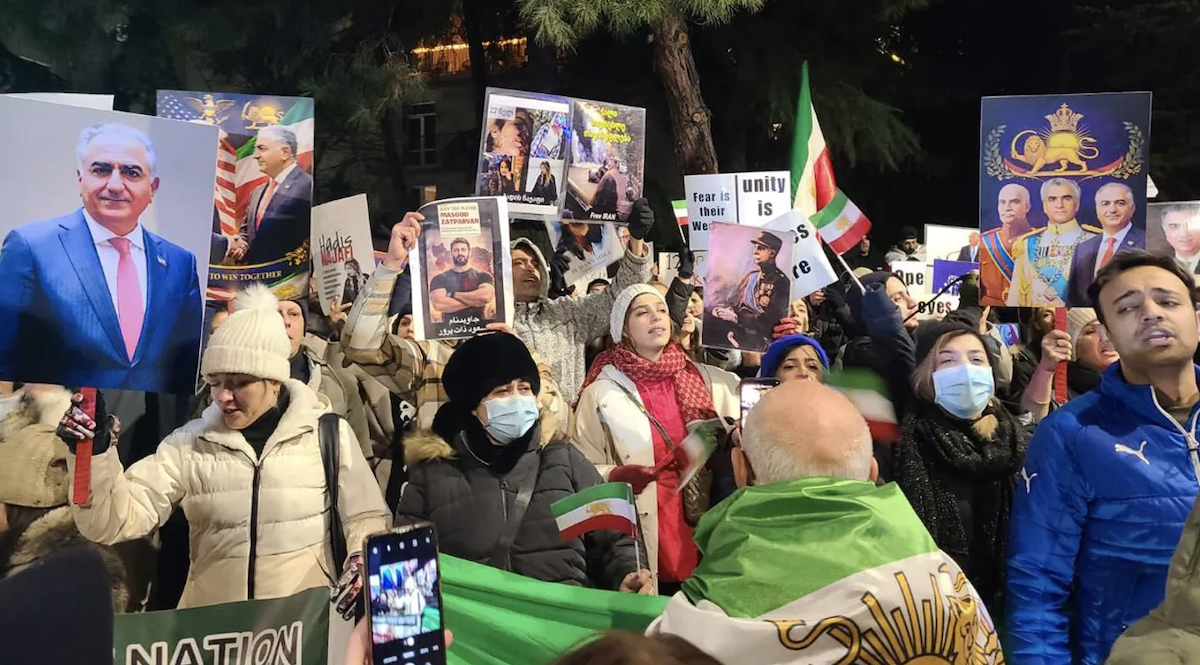Op-ed: Does anyone want Georgian-Abkhaz conflict to be resolved?
How to solve Georgian-Abkhaz conflict?
The recent statement of the President of Georgia, Salome Zurabishvili, dedicated to the Day of the Abkhaz Language, leaves no illusion that the rhetoric of Tbilisi towards Abkhazia can somehow change, at least in the future.
The main idea of the President of Georgia was that “the Abkhaz language must be protected against the Russian occupation”.
In general, it is already difficult to say what effect and from whom do Georgian politicians expect when making such statements?
- In Abkhazia, such statements are simply perceived as annoying, because here they do not consider their country to be occupied.
- Moscow, Brussels and Washington, it seems, do not care what the Georgian president says to the Abkhaz people – now there are more important topics for these capitals than the Georgian-Abkhaz conflict, which is has been set aside for the time being.
- In the Georgian society, the words of Salome Zurabishvili were hardly noticed at all, especially now, when attention is focused on the ex-President Mikheil Saakashvili, who is on a hunger strike in prison, as well as the municipal elections.
But even if Saakashvili stops his hunger strike and the Georgian society comes to terms with the results of the second round of elections, any subsequent appeals to the Abkhaz are doomed to remain unnoticed.
- What problems are Georgians in Abkhazia faced with?
- Re-examining the radicalizing narratives of Georgia’s conflicts
- Op-ed: how can Georgian-Abkhaz conflict be settled in the realities of today’s world?
If Zurabishvili or some other Georgian official ( or not an official) did not mentioned the term “occupied Abkhazia” – then there would have been great interest. It would hardly have turned into a full-blown revolution, but the Georgian society must have been very agitated for at least a week.
Naturally, such a scenario is hardly realistic. Such statements have already become traditional, somewhat resemblement of president’s `New Year’s speech.
Previously, Abkhazia was called separatist. But since Russia recognized the independence of Abkhazia and South Ossetia in 2008, Georgia has used a different term – territories occupied by Russia.
Now the thesis about separatism of Abkhazians and Ossetians can no longer be found in Georgian political rhetoric. The doctrine of the Georgian authorities and society was once voiced by Saakashvili and has since been supported by the entire Georgian political elite.
It can be described as follows: there are no Georgian-Abkhaz and Georgian-Ossetian conflicts, there is only a conflict between Georgia and Russia.
Which means that if Tbilisi makes peace with Moscow, then Abkhazians and Ossetians will return to Georgia with tears in their eyes. Until that happens, they will continue suffering under Russian occupation.
This approach is also formalized in the form of the Law on Occupied Territories. Although by accepting it, Georgia has deprived itself of even a hypothetical room for maneuver.
In addition to all kinds of sanctions against Abkhazia and its citizens, provided for by the law “On Occupied Territories”, there is also a clause that prohibits any contacts of Georgian officials with the de facto authorities of Abkhazia and South Ossetia.
But what about the Geneva negotiating process?
The Geneva discussions are the only official platform where Georgian, Abkhazian and Ossetian politicians can discuss existing conflicts. It was created following the August 2008 events, according to the so-called “Medvedev-Sarkozy” plan.
I must say that this format was created hastily, in a time pressure mode, with the aim of somehow letting off steam and bringing the conflict from an acute phase to the negotiations table.
In addition to all other imperfections, the Geneva format of negotiations has one important feature – all members of the delegations participate in the negotiations only in their personal capacity.
Returning to the law on the occupied territories – it turns out that even if Sukhum and Tbilisi come to a common understanding on the resolution of the Georgian-Abkhaz conflict, nothing will come of this venture until the Georgian authorities abolish the law on occupation.
However, cancelling it is beyond the power of any political force in today’s Georgia.
At one time, Mikhail Saakashvili had a hypothetical chance to radically change something in relations with Abkhazia at the beginning of his presidential career, as he had an unprecedented rating of trust among his citizens. Everyone knows how he used this chance – in August 2008, there was a war.
His successor, oligarch Bidzina Ivanishvili, who came to power in 2012 with his Georgian Dream party, did not have such an overwhelming influence as Saakashvili did in his time. Nevertheless, his authority and money would have been enough to reconsider the now traditional approach to the existing conflicts.
Ivanishvili made such an attempt – he launched a revision of the law “On the occupied territories”. But the Georgian elite, including those close to him, took it with hostility. “If you don’t want it, well, okay than”, Ivanishvili probably thought, and left everything as it is.
In Abkhazia, the attitude towards negotiations with Georgia (Geneva does not count) is also very cool.
At the beginning of his presidency, the current President Aslan Bzhania made an attempt to initiate direct negotiations with Georgia at the official level. He even included in his foreign policy concept an item on the possibility of multi-level negotiations with Georgia.
Bzhania’s initiative was not accepted both in Abkhazia and in Georgia
In Tbilisi, readiness for negotiations was perceived as preparation for the act of surrender by Abkhazia.
In Sukhum, the opposition regarded such readiness for negotiations a borderline betrayal. The main message was: how can we negotiate with Georgia when so many of our citizens died fighting the war with it?
At the same time, for some reason, both sides refuse to remember that until 2008 an active Georgian-Abkhaz negotiation process was underway under the auspices of the UN, and two of its participants were recognized as parties to the conflict.
After such a negative reaction at home, Bzhania, as Ivanishvili had in his time, probably thought: “You don’t want to, well, okay than”. He removed the item on multilevel negotiations from the Concept and never returned to the Georgian topic, instead concentrating on the search for Russian investments in Abkhazia.
It seems that both Tbilisi and Sukhum have tacitly renounced any active steps to resolve the Georgian-Abkhaz conflict. Apparently, two factors led to this:
- There is no more real threat of a new war,
- Both in Georgia and Abkhazia, permanent internal political instability has become chronic.
The resolution of the conflict is clearly postponed until better times, which, beyond the distant future. It’s more convenient and safer that way.
Therefore, Georgian politicians will continue to periodically remember “occupied Abkhazia”, and their Abkhaz colleagues will not talk about Georgia at all, and will not even look in its direction.


















